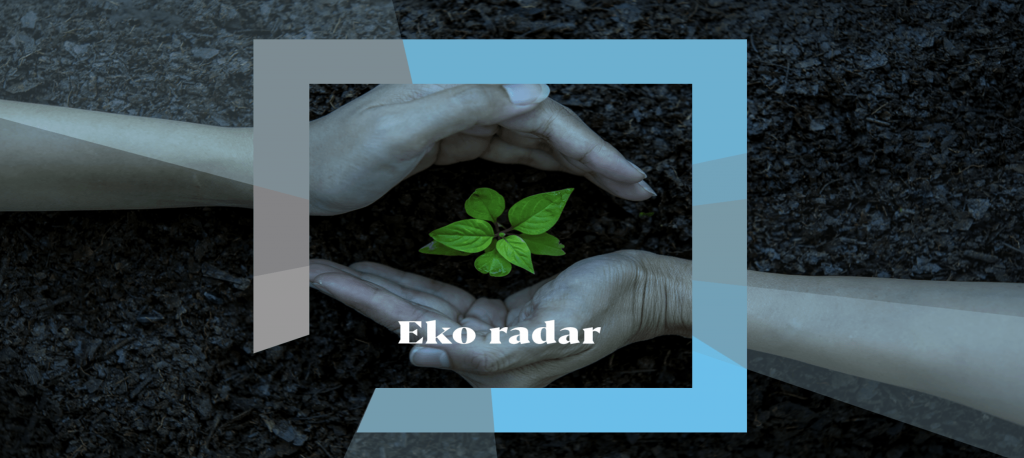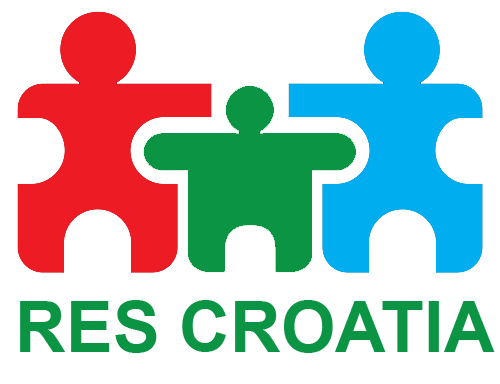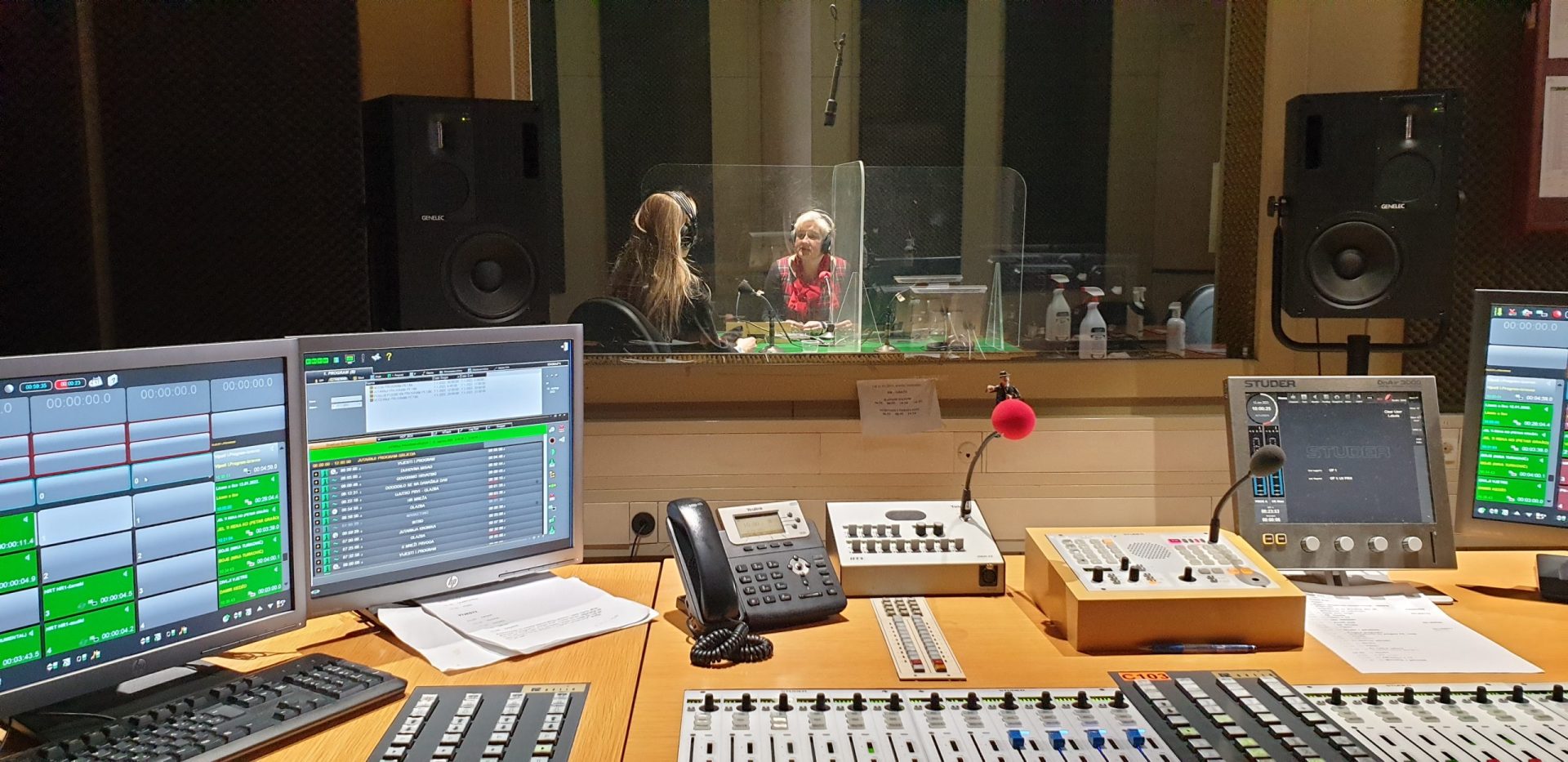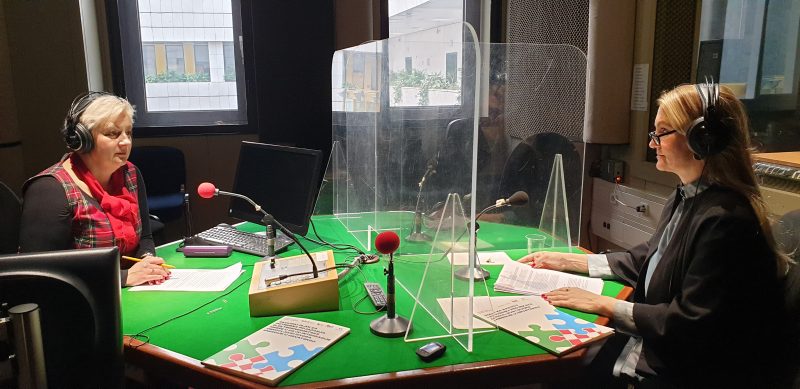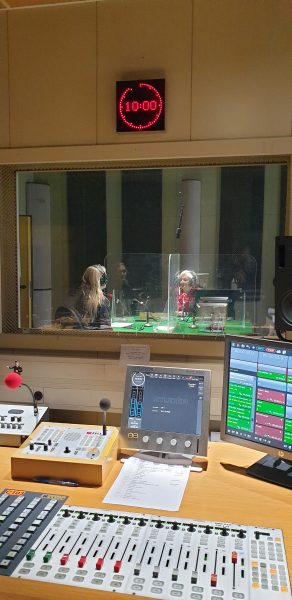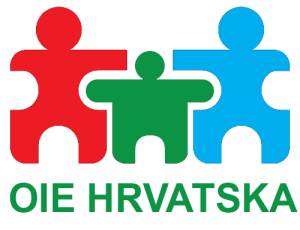What are the new possibilities of investing in RES? How do legislative changes impact that process? What is the significance of the recently presented scientific studies the elaboration of which was initiated by OIEH and financed by the European Bank for Reconstruction and Development? In what ways is the OIEH engaged in implementing the energy transition and who does it cooperate with in the process? How to motivate the inclusion of citizens and local communities? These were the topics discussed yesterday with the Director of OIEH in an interview with the editor of Eko radar broadcasted on the first program of the Croatian Radio.
On the scientific studies
Three weeks ago The Guide for the development and implementation of renewable energy projects in Croatia as well as the Action Plan for Power Grid Strengthening to Support the Integration of Renewable Energy Sources in Croatia was presented to the public in the Croatian State Archives. These are two scientific studies the elaboration of which were commissioned by the OIEH and financed by the European Bank for Reconstruction and Development. Their value is quite significant for the energy sector because up to now in Croatia we did not have all the relevant information on RES in one place. The Guide is a practical tool for those interested in investing in RES since they will find in it all the information on the procedures, required permits, and steps they have to take. The Action Plan contains proposals and solutions on how to promote the electric power grid and enable the more qualitative connection of RES into the system. The value of the studies is also in the fact that they are the result of the cooperation between the academic community and the private sector. That is a rarity in Croatia, especially in regard to energy. This form of connectivity is crucial. We worked in a synergetic manner, given that all of us together considered what was the best thing to do for a successful energy transition in Croatia.
On legislative changes
It is important to point out two laws which the Government of the Republic of Croatia adopted last year – the Electric Power Market Law and the Law on renewable energy sources and highly efficient cogeneration. They open up new possibilities and business models which already exist in other EU countries such as aggregation, energy communities, closed distribution systems- The duration of the procedures for developing RES projects is shortened considerably. The adopted legal framework was then followed by deadlines for adopting the required bylaws. The previous situation was such that years after the adoption of the law there were no implementation acts. This time, however, clear deadlines have been set for their adoption. Another novelty that had long been in the making is linked to the financing of RES projects. Until a few years ago Croatia had a feed-in incentive system and a month ago it received approval of the EC for state incentives given through the form of market premiums. It is expected that the premium system will soon be opened which means a billion EUR of new investments that have been waiting for years. There is another key change within the legal framework and it relates to the sequence of procedures. The energy approval, which was previously last in a whole series of required permits has now been positioned in the first place, by which the competent ministry is manifesting its desire for improved process management. Investors will express interest in an area in which they wish to develop the RES project and that will evolve through a public invitation. The whole process will become more transparent, foreseeable, and shorter. It is still not ideal but brings bout crucial changes. It is important to motivate citizens and local communities to take part in the development of RES projects and utilize all the possibilities now offered by the laws.
How to motivate citizens and local self-management units?
The OIEH does that by organizing various events in cooperation with local communities. We organize all these events together with partners which we view as added value. For example, for the conference SUNNY DAYS, our partner was the Island Movement since there is great potential for solars on the islands and our wish is to motivate island dwellers. Our partner is also the Croatian national association of e-mobility Electric Circuit with which we work on the topic of electric mobility. In this field, we also included Croatian companies since our wish is to open up possibilities for new business models. Electrical mobility is important for tourism as well as for citizens, Electric vehicles chargers on motorways are important as well as chargers on public lighting columns on parking lots. The Association has been active for five years and we have acquired a considerable amount of knowledge in that time. We are members of Wind Europe and Solar Power Europe. Our interest is the benefit green energy can bring to citizens and the entire economy. The cost of electric power produced by citizens, tradesmen, entrepreneurs on their own roofs is considerably lower than paying for it at market prices. The laws enable such production and there are ways of financing such projects. Energy production is not a bugbear it is simple and life-bearing. We use energy every day, we can also produce it.
Which forms of RES are most acceptable?
Croatia has the potential for all forms of RES. Wind and sun in Dalmatia but Slavonia too with its biogas. The position of biogas is highly neglected and it is a powerful link between agriculture and electric power production from domestic sources. Word is rapidly spreading about higher prices of energy in general and imagine if in our future gas network we could add biogas produced in Croatia That would automatically impact the price and could bring it down. We began to cooperate with biogas producers and our goal is to assess their great potential not only in the energy but agricultural sector as well. Of all the RES types, solars are the easiest since citizens, entrepreneurs, and tourist renters can have them. However, in Croatia, there is space for all forms o RES. All of us should work together on concrete solutions and less on catastrophic predictions we can often see in the media. Croatia is small but exceptionally rich in resources. We are constantly speaking of potentials but at the same time are not using them to a sufficient degree. There is a great interest of young people who are approaching us who wish to work in the RES sector. They feel it is something positive, they wish to live in a healthy environment with clean air, clean sea, and domestic energy.
Plans for this year
This year our main event is the DAYS OF GOOD WIND Conference to be held in early June. It always gathers a large number of experts from Croatia, the region and Europe. Along with them, businessmen, energy institutions, and public policy creators are also present at these events. It is a gathering that generates changes and expands the limits in energy production. Apart from this conference, we will also hold educational workshops and lectures. Along with the strategic partnerships with Electric Circuit and Island Movement, we are continuing our cooperation with the EBRD which decided to support our two new initiatives. One is on the topic of connecting agriculture and green energy. It will be an expert study on agro-solars. Due to climate change, European countries experience extreme droughts during the summer months threatening thus the production of certain crops, and the same true of Croatia. Many countries are exploring the benefits of agro-solars and the EBRD is supporting us in exploring the ways in which it can be done in Croatia. In that regard, we will cooperate with the Faculties of Agronomy in Zagreb, Split, and Osijek. The second study we will undertake is on the topic of floating power plants cooperating also with the carbon-hydrogen Agency, FSB and the Island Movement. Our goal with these studies is to offer concrete solutions. What we really wish this year is to better educate the media so that they have at their disposal all the relevant information and a better understanding of the RES topic. Certain journalists are systematically following the RES sector, among which is the Eko radar program. We believe others could also write about these topics or have shows and reportages. The media are of crucial importance as citizens follow them. When they receive more information on RES in the media they will be encouraged to produce energy for their needs on their own roofs.
